Nevertheless, the amount of time spent in outpatient rehab will vary based on the individual. Detox is the first step in helping your brain and body heal from substance abuse. Your detox process will begin with evaluations by our medical https://ecosoberhouse.com/article/drug-detox-process-and-side-effects/ doctors and nurses to determine which, if any, medical interventions are needed. Calls to our general hotline may be answered by private treatment providers. We may be paid a fee for marketing or advertising by organizations that can assist with treating people with substance use disorders. This reinforces the need for a longer rehab time as therapeutic communities’ 30% success rates are primarily those that finish the extended programs.
Focus on Intensive Therapy and Recovery
Rehab refers to a more comprehensive set of services designed to help a person overcome their addiction to drugs, both physically and mentally. If you’re wondering what kind of drug rehab program will be best for you, you’ll want to consider both short-term and long-term options. Any program that requires less than 90 days of treatment is considered short-term. If detox, inpatient, residential or outpatient treatments seem like a good fit for you or someone you know, considercalling The Recovery Village today.

Exploring the Role of Resilience in Addiction Recovery
- Generally speaking, an insurance company will work with the patient’s healthcare providers and/or addiction professionals to determine if a specific type of treatment is medically necessary.
- Rehab services for addiction provide support from trained staff, can attend to mental health issues alongside treatment for substance use, and can provide the tools that are needed to build a drug-free life.
- This type of treatment is often best for those with severe or long-term alcohol use disorder (AUD) due to its highly structured and supportive environment to facilitate recovery.
- These treatment options may be located in acute care hospitals or freestanding treatment centers.
Only trained and licensed medical professionals can provide such services. If you or anyone you know is undergoing a severe health crisis, call a doctor or 911 immediately. However, those that opt for the 60 and 90-day program get ample time for intensive detox and treatment to ensure a full recovery. The 90-day program has shown the highest success rate due to the time spent treating severe addictions.

What About Extended Care Options?
Before entering treatment, most people ask, “How long does rehab last? ” The amount of time a person stays in treatment may be unique based on his or her specific needs. Recognizing the problem, finding treatment, and building a support network can be life-changing. Contact a treatment provider today to learn more about your treatment options. The cost of inpatient drug rehab is a significant concern for many people and families considering this treatment option. Various factors can influence the overall expense, making it essential to understand what contributes to the cost and explore available financial assistance options.

How do the best treatment programs help patients recover from addiction?
- These people might need more time before transitioning to outpatient treatment programs.
- Talk to an admissions navigator, who can listen to your needs, answer your questions, explain your options, and verify your insurance.
- Rather you attend rehab a few times a week and live at home for the rest of the time.
- It can take time to trust staff and open up about issues, and having a longer period of treatment can make this easier.
- This guide looks at the drug and alcohol recovery timeline and how long it takes to break an addiction.
- These include detox, therapy, medication, workshops, and relapse prevention.
It’s also possible that you’ll end up spending more time than the standard 60-day limit allows as many 60-day programs offer 90-day and 180-day programs. Inpatient rehab tends to be more restrictive for people who are still managing powerful mental or medical symptoms of addiction. These how long is drug rehab treatment options may be located in acute care hospitals or freestanding treatment centers. Many people starting professional addiction treatment will begin the path to recovery with a period ofdetoxification. Detox is a general term used to describe the body’s process of removing alcohol and other drugs from the system.
Extended Care Options
- Rehab programs that are 90 days or longer are beneficial for a number of reasons.
- Patients are provided with specialists who assist with learning to cope with life after addiction.
- These programs are used to treat those with moderate to severe addictions.
Underlying mental health conditions also dictate how long rehab lasts. Support groups and peer recovery programs (AA, NA, and others) can provide much-needed emotional support, encouragement, and accountability. Long-term recovery requires patience and commitment and must be individualized to meet the specific needs of each person and address the underlying causes of addiction. Addiction is treatable, but breaking the cycle of addiction is not an easy process. Sobriety is a crucial step to overcoming addiction, and research shows that when abstinence is combined with treatment, therapy, and community support, it is more successful.

Who Needs Inpatient Treatment?
If you’re ready to begin your recovery journey, reach out to American Addiction Centers at . Our admissions navigators can help you verify your benefits, explore alternative payment options, and understand treatment questions. There are resources available to help guide you through the treatment process. Remember, asking for help is a sign of strength; you don’t have to do it alone. They may be in denial about the severity of their use, often minimizing or rationalizing their behaviors. Even if they recognize that their use is out of control, they feel unable to stop.


